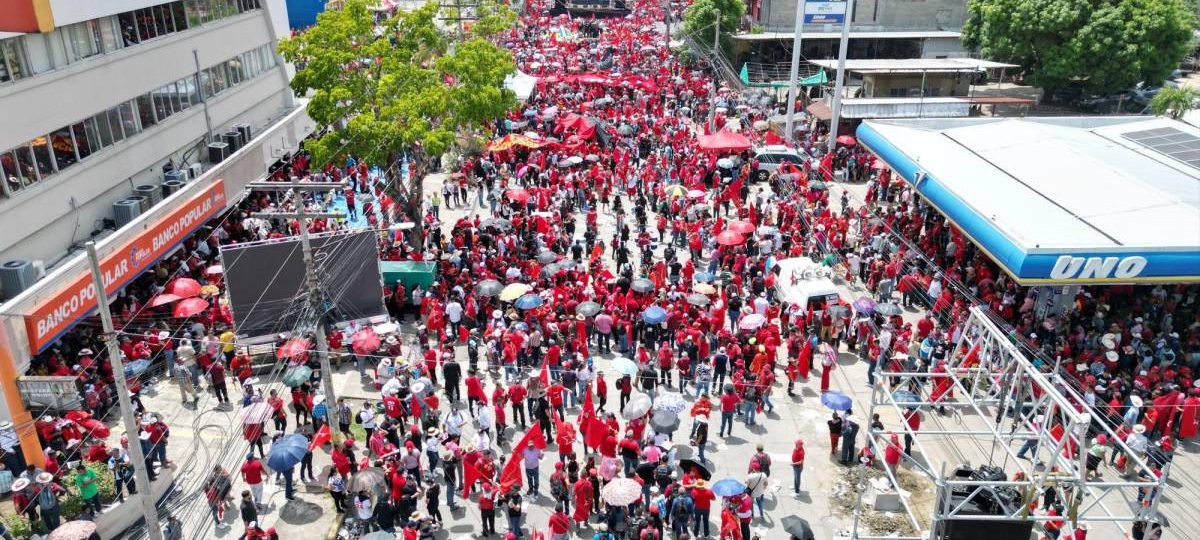Recent surveys and public demonstrations indicate an increasing opposition to the socialism symbolized by the LIBRE Party, with under two months remaining before the national elections slated for November 30. The drop in voter support and limited turnout at political gatherings reveal a broad dissatisfaction among citizens, resulting in a challenging electoral landscape for the party.
Citizen disaffection and decline in electoral preferences
Various polls indicate that, although approximately 80% of Hondurans plan to go to the polls, four out of five respondents oppose the socialist project promoted by LIBRE. Factors contributing to this trend include the persistent economic crisis, increased insecurity, and the perception of a government that is distant from the daily needs of citizens. This combination has weakened the party’s credibility and led to a surge in support for other political actors, such as the Liberal Party and the National Party.
The decline in electoral preferences is not limited to statistical figures. Analysts point out that the lack of consolidated leadership and internal tensions within LIBRE are increasing the demobilization of its base. The recent march in San Pedro Sula, organized by the party, showed the low turnout of supporters. Videos shared by the National Emergency System 911 recorded the low turnout, prompting comments of concern and disbelief among observers of the political scene.
Failed mobilization and warning signs for the elections
The result of the mobilization in San Pedro Sula is interpreted as an indicator of the possible trend at the polls. The lack of enthusiasm among supporters reflects organizational difficulties and a lack of commitment among the party’s members, which, according to experts, could translate into lower voter turnout in favor of LIBRE. The combination of social discontent and internal crisis creates a scenario in which the promises of transformation and “refounding” of Honduras have failed to consolidate tangible support among the citizenry.
The scenario underscores the necessity for the party to contemplate tactics that align more closely with the societal and economic needs of the community. Poor turnout at gatherings and negative ratings in surveys indicate not just an image issue, but also the perceived disconnect between the political agenda and the public’s expectations.
Electoral outlook and institutional challenges
Examining the future electoral landscape, the situation indicates a competition characterized by a split vote and conflict between established and new political entities. Public sentiment towards LIBRE shows a wider skepticism about the government’s capability to tackle fundamental issues and maintain governance. Participation in voting will be crucial, considering that opposition to socialism is regularly shown in surveys and observed behaviors in major urban areas like San Pedro Sula.
LIBRE’s immediate future will depend on its ability to regain trust and articulate a strategy that addresses perceptions of inefficiency. The current situation poses a significant institutional and political challenge, with direct implications for polarization, the legitimacy of institutions, and citizen participation. The November 30 elections are shaping up to be a critical moment for defining the country’s political direction and assessing the acceptance of the socialist project in Honduran society.




